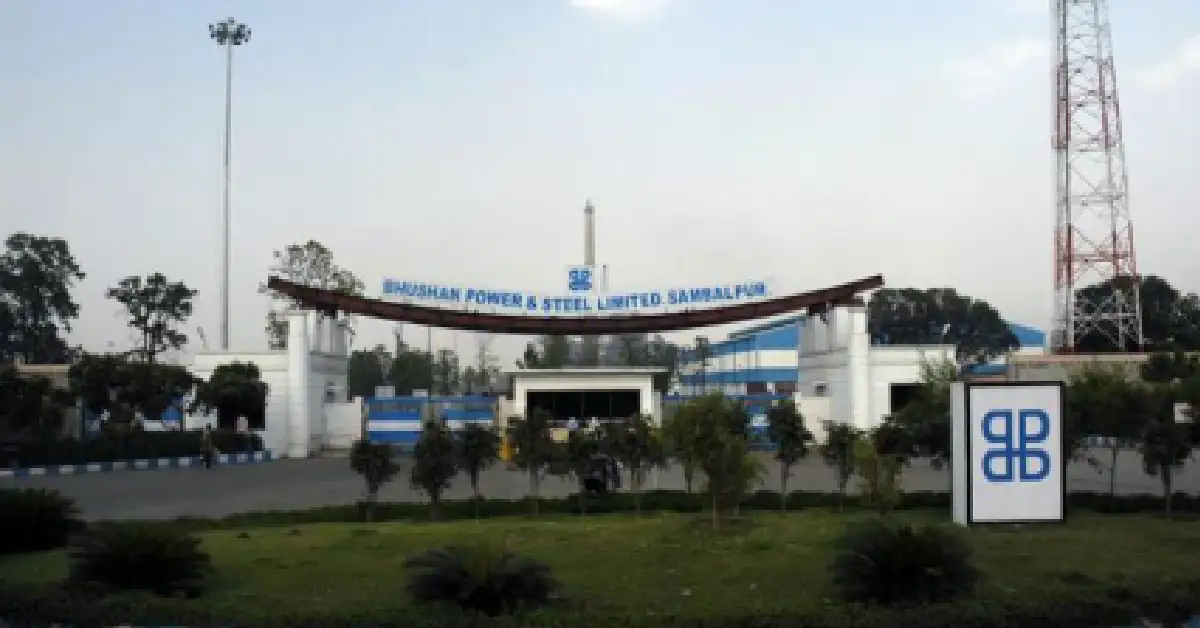Subtotal ₹0.00
The Supreme Court has upheld JSW Steel Ltd’s over ₹19,000-crore acquisition of Bhushan Power and Steel Ltd (BPSL) through the insolvency resolution process, reversing its earlier order that had directed liquidation of the bankrupt firm. The apex court said the resolution plan had revived the company, turning it from a loss-making entity into a profitable venture, and stressed that undoing the process would defeat the purpose of the Insolvency and Bankruptcy Code (IBC).
The bench of Chief Justice of India B R Gavai and Justices S C Sharma and K Vinod Chandran upheld the February 17, 2020, National Company Law Appellate Tribunal (NCLAT) order, which approved JSW’s resolution plan.
JSW had acquired BPSL in March 2021 under the Insolvency and Bankruptcy Code (IBC).
On May 2 this year, a bench of Justices Bela Trivedi and S C Sharma set aside the NCLAT order, saying the Resolution Plan approved by the CoC (Committee of Creditors) was “not in conformity with the provisions…of the IBC”. Exercising suo motu powers under Article 142, the court also directed the National Company Law Tribunal (NCLT) to initiate liquidation proceedings against BPSL.
Subsequently, petitions were filed in the Supreme Court seeking review of the May 2 decision.
On July 31, the apex court recalled the May 2 judgment, and decided to hear the review petitions.
On Friday, pronouncing its judgement on the review petitions, the bench headed by CJI Gavai said, “The corporate debtor (Bhushan Steel) in the present case was running into substantial losses which has now become a profit-making entity earning substantial profits.”
“The Successful Resolution Applicant (SRA) – JSW invested huge amounts in modernisation and expansion of the entity (corporate debtor). Not only that, but thousands of employees have been earning their livelihood on account of the corporate debtor running as an ongoing concern due to the Resolution Plan being implemented by the SRA – JSW.”
“As such, the very purpose for which the IBC was enacted – namely, to ensure that the corporate debtor continues as a going concern – has not only been achieved, but the corporate debtor has been transformed from a loss-making to a profit-making entity. If, after the implementation of the Resolution Plan, the SRA – JSW has converted a loss-making entity into one making profits, can it be penalised for that?” the bench said.
“Suppose, if instead of the corporate debtor being converted into a profit-making entity, the losses would have increased, can the corporate debtor claim a refund of the amount paid? If we permit the claim not to be part of the Resolution Plan, which has been approved by the CoC and the NCLT, to be raised at such a belated stage, it could open a Pandora’s Box, and the very purpose of the IBC providing sanctity to the finality of the Resolution Plan duly approved would stand vitiated,” it said.














